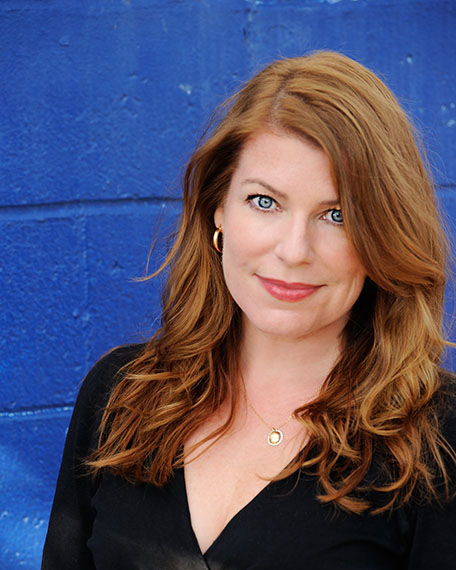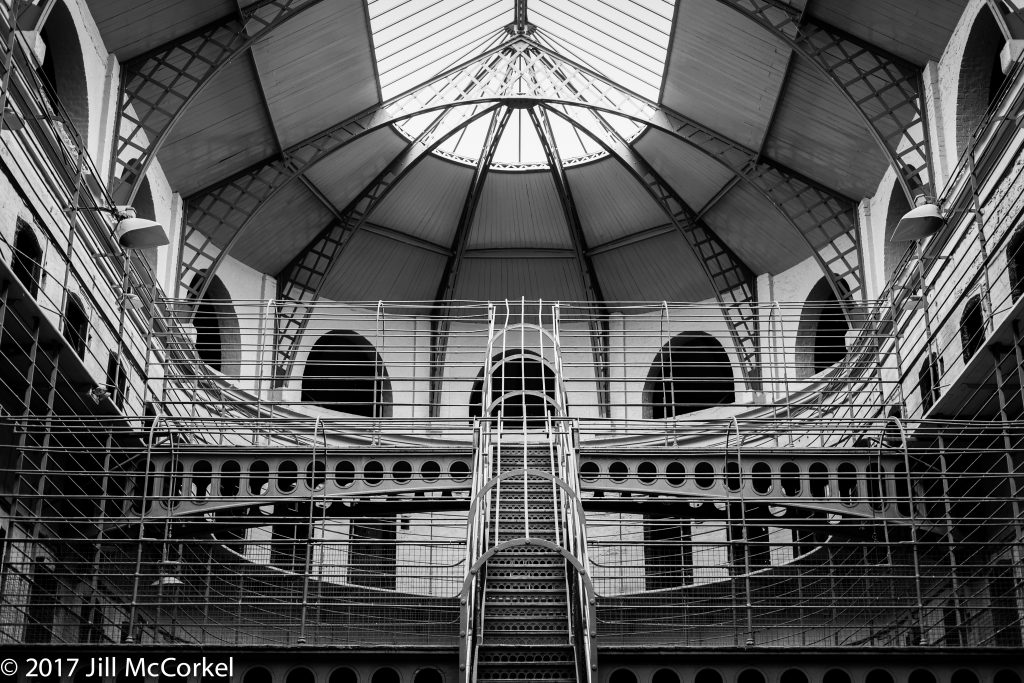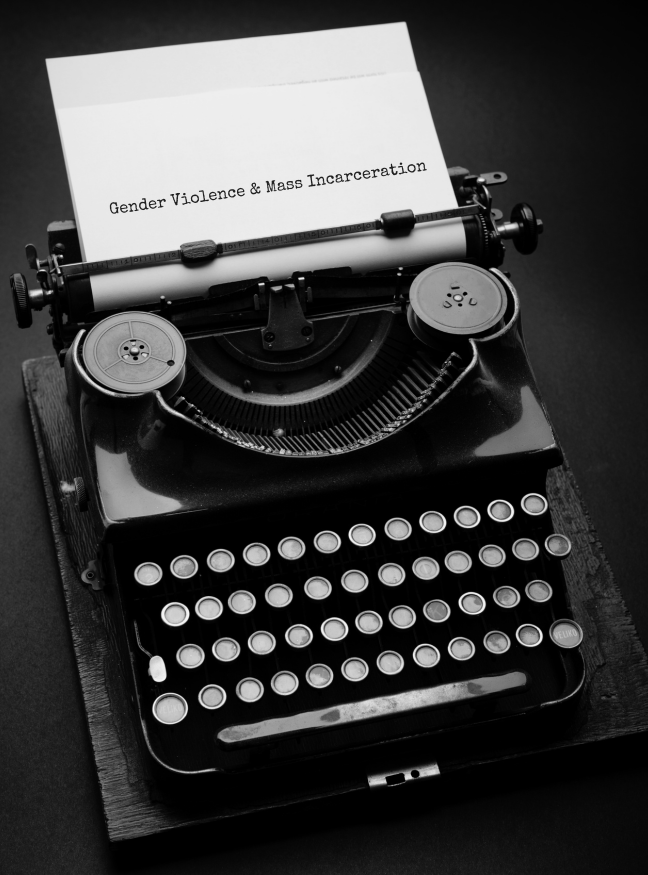Jill McCorkel, Ph.D.
Dr. Jill A. McCorkel is an award-winning Professor of Sociology and Criminology at Villanova University. She holds faculty affiliations in Africana Studies, Gender and Women’s Studies, and Irish Studies. She is also the founder and executive director of Philadelphia Justice Project for Women & Girls, a non-profit research and advocacy organization dedicated to ending mass incarceration and gender violence. She is a Research Fellow with the Philadelphia District Attorney’s DATA Lab.
Dr. McCorkel is one of the nation’s leading experts on gender and mass incarceration. Her research investigates race and gender disparities in punishment, the criminalization of survivors of gender violence, prison profiteering, the impact of parental incarceration on kids, and conditions of confinement inside women’s prisons. Her work appears in leading scientific journals as well as in popular media. She has been featured in a variety of news outlets including Boston Globe, Washington Post, Philadelphia Inquirer, The Irish Times and Public Radio International.

Photo by Albert Yee



